 Courtesy: DW & Avalon_Studio/iStock
Courtesy: DW & Avalon_Studio/iStock
Damodar Pujari
Fellow, Climate Change
Damodar has over a decade of experience working in the domain of environmental sustainability, natural resource management, climate change, and circular economy. His professional footprint lies at the intersection of equitable distribution of natural resources, climate justice, and livelihood development of communities from climate-stressed regions. Damodar has supported the development of the National Wildlife Action Plan (2017-31), Government of India, and the committee on Empowering the Office of Ombudsman, Government of Maharashtra. He has developed a roadmap for a group of Members of Parliament, Government of India, on reducing the distress migration of vulnerable groups from tribal areas. His past affiliations include positions at Observer Research Foundation (ORF), United Nations Development Programme (UNDP), and Aga Khan Agency for Habitat. During his professional stints, he led partnerships with the World Bank Group, Stockholm Environment Institute, Jal Jeevan Mission, and the Office of the Chief Minister, Government of Maharashtra. He holds a Master’s in Environmental Science and is currently working towards his Ph.D. at the Indian Institute of Technology (IIT), Bombay, focusing on River Governance through a Public Policy approach. He tweets at @D_Pujari.
Climate change, Sustainability, Circular economy, Climate-stressed communities
Recent projects
 Courtesy: DW & Avalon_Studio/iStock
Courtesy: DW & Avalon_Studio/iStock
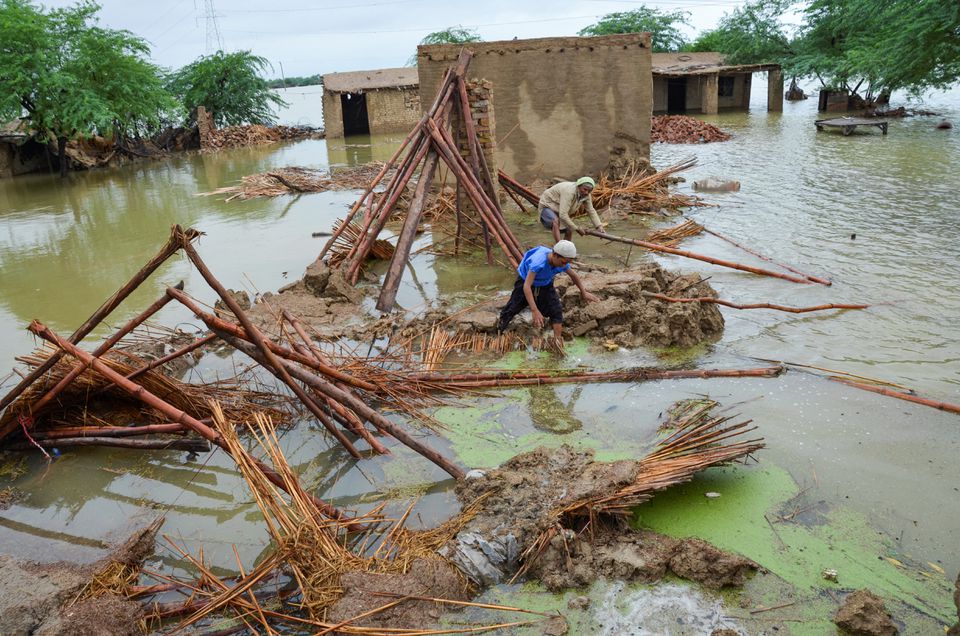 Courtesy: Reuters/Amer Hussain
Courtesy: Reuters/Amer Hussain
G20 and Climate Change: Hegemony of Power to global support
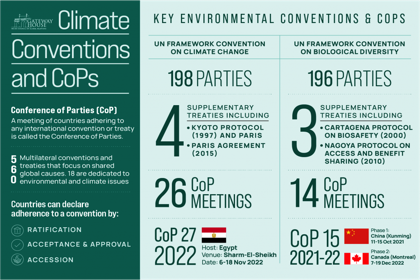 Courtesy: Gateway House
Courtesy: Gateway House
Climate conventions and CoPs
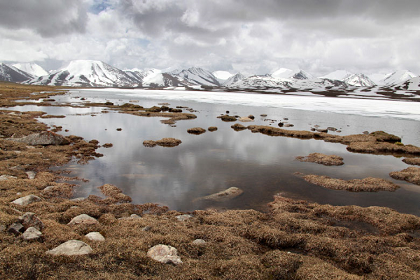 Courtesy: Erkin Bolzhurov/World Bank
Courtesy: Erkin Bolzhurov/World Bank
SCO needs proactive climate action
 Courtesy: Shutterstock
Courtesy: Shutterstock
Climate Change, the convenient culprit
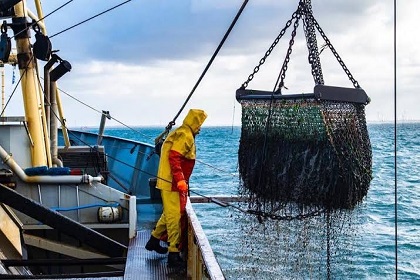 Courtesy: WWF
Courtesy: WWF
Can the WTO Agreement Stop Unsustainable Fishing?
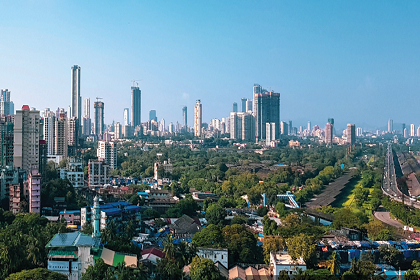 Courtesy: Hardik Joshi
Courtesy: Hardik Joshi
Activating sub-national climate plan in India
 Courtesy: @BimstecInDhaka
Courtesy: @BimstecInDhaka
Mainstreaming the climate agenda in BIMSTEC
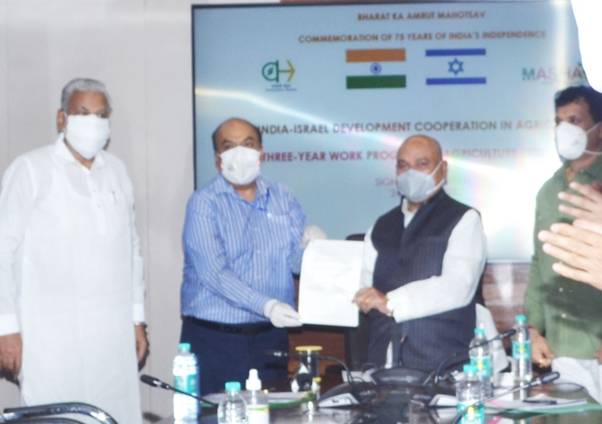 Courtesy: Press Information Bureau (PIB)
Courtesy: Press Information Bureau (PIB)
Expanding India-Israel climate cooperation
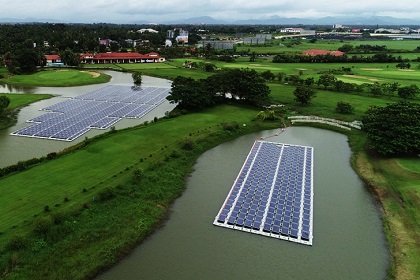 Courtesy: Ciel et Terre
Courtesy: Ciel et Terre

